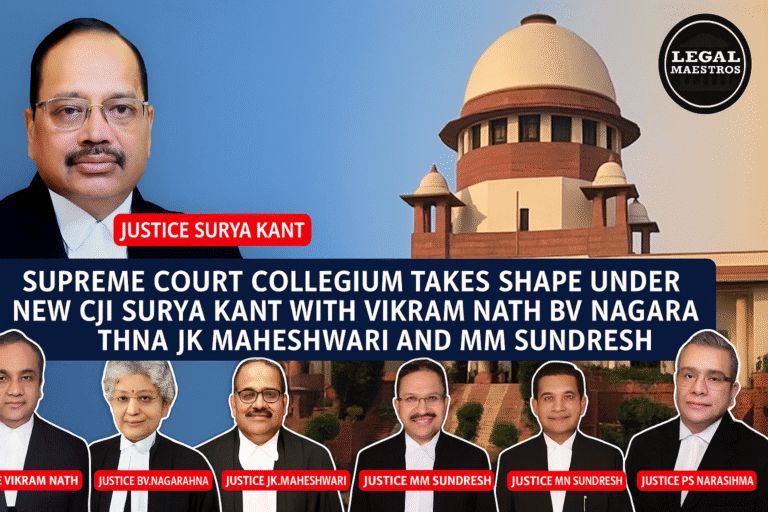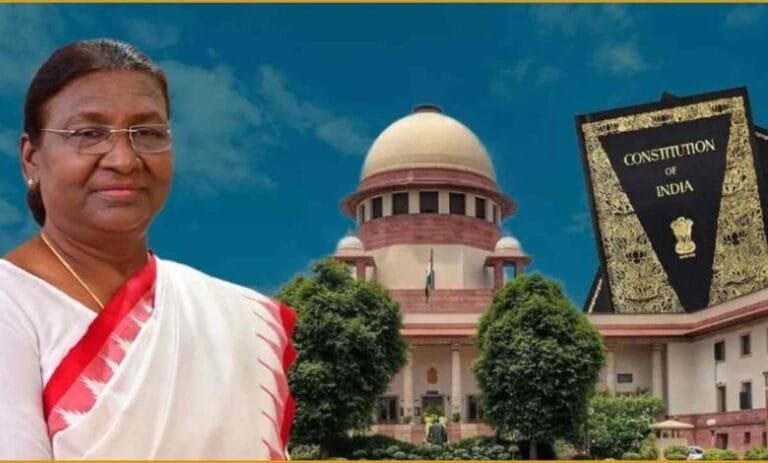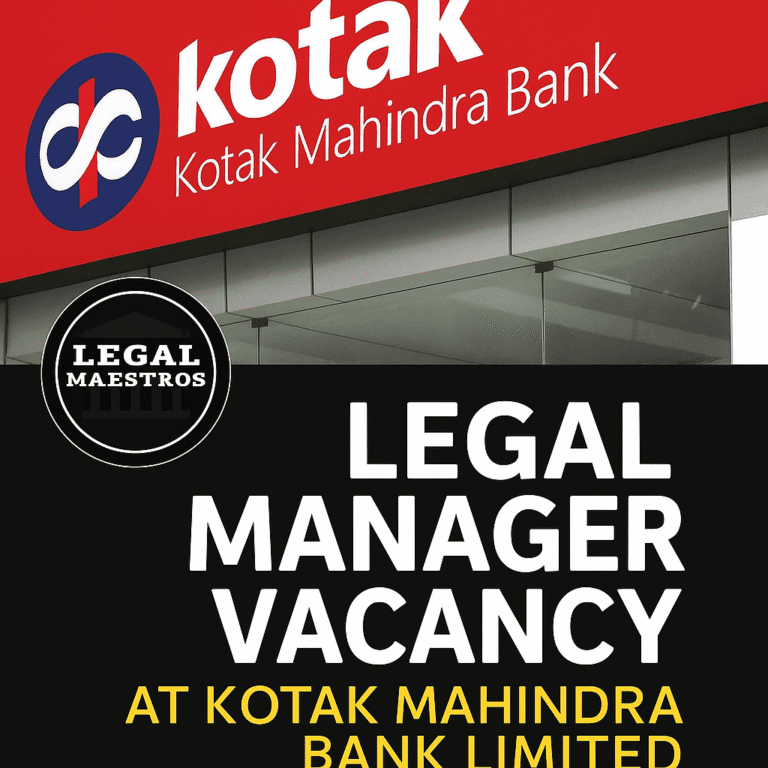
The question of whether the eleven-month period stipulated in Section 144C of the Income-tax Act, 1961 (“ITA”) should be applied in addition to or within the limitation period stipulated in Section 153(3) of the Act has been referred to a larger Bench by the Supreme Court. The reference is contained in a series of civil appeals that raise important legal issues regarding the interpretation and interaction of Sections 144C and 153(3), specifically with regard to the deadlines for the Revenue to finish an assessment and the resolution of the two provisions’ divergent procedural timelines.
A Division Bench consisting of Justices B.V. Nagarathna and Satish Chandra Sharma heard the case and produced differing views. The Bench instructed the Registry to bring the case before the Chief Justice of India in order to form a suitable larger Bench in light of the split decision.
Background
In the lead matter, the respondents were eligible assessees under Section 144C who were non-resident assessees involved in offshore drilling operations. They belonged to a multinational corporate group that offered oil and gas companies shallow-water drilling services. They chose to forego presumptive taxation under Section 44BB for Assessment Year (AY) 2014–15, and in their November 2014 income return, they reported a total loss of more than ₹120 crore.
For any queries or to publish an article or post or advertisement on our platform, do call at +91 6377460764 or email us at contact@legalmaestros.com.
The Assessing Officer calculated income at about ₹4.35 crore and issued a draft assessment order (DAO) in December 2016 after reviewing the case under Section 143(2). The Dispute Resolution Panel (“DRP”) dismissed the respondents’ objections, and the Assessing Officer was given instructions. The Income Tax Appellate Tribunal (“ITAT”) heard a challenge to the final assessment order, granted the appeal, and remanded the case to the Assessing Officer.
The Revenue sent out a new show-cause notice in 2021. The assessees argued that since the statute of limitations ended on September 30, 2021, the final order would now be time-barred under Section 153(3) read with the Taxation and Other Laws (Relaxation and Amendment of Certain Provisions) Act, 2020 (“TOLA”). The Bombay High Court dismissed the proceedings after accepting the argument. The Supreme Court heard an appeal from the Revenue.
Justice B.V. Nagarathna’s Opinion
According to Justice Nagarathna, the deadlines in Section 144C must adhere to the general restrictions outlined in Section 153(3). She reasoned that regardless of the type of assessee or procedure involved, the terms “assessment” in Section 143, “the assessment” in Section 144C(13), and “assessment order” in Section 144C(4) must be given a consistent meaning, namely, the final assessment order.
According to her, a draft assessment order under Section 144C(1) is merely a step in the assessment process that needs to be finished within the same set of restrictions that apply to other assessments, not a final assessment order. When read in conjunction with Section 153, Sections 144C (4) and 144C (13) only address the statute of limitations for issuing the final assessment order.
She emphasised that accelerating tax proceedings and cutting down on timelines was the legislative intent, as evidenced by subsequent Finance Acts. She believes that this goal would be defeated if Section 144C were to be interpreted as permitting an extra eleven months beyond the time frame specified in Section 153(3). As a result, she maintained the High Court’s decision that, after the Section 153(3) limitation had passed, no final assessment order could be issued.
Conclusion
In order to resolve the specific relationship between Sections 144C and 153(3) of the ITA, the Supreme Court has referred the case to a larger Bench due to the divergence in judicial interpretation. Timelines for assessments will be significantly impacted by the decision, especially when it comes to cases involving foreign corporations, transfer pricing adjustments, and DRP proceedings.






